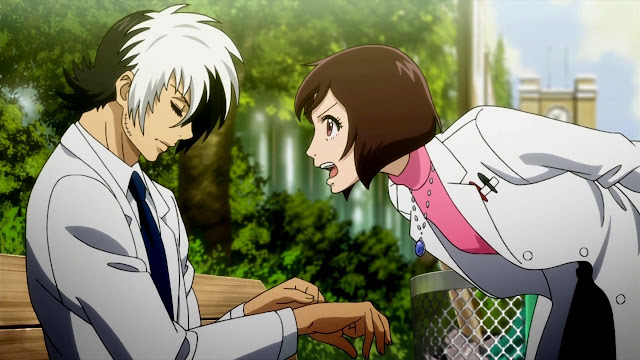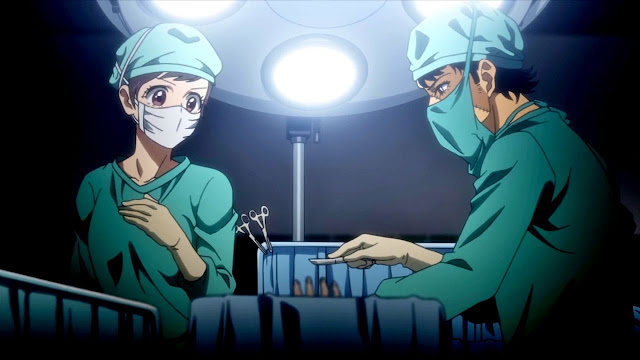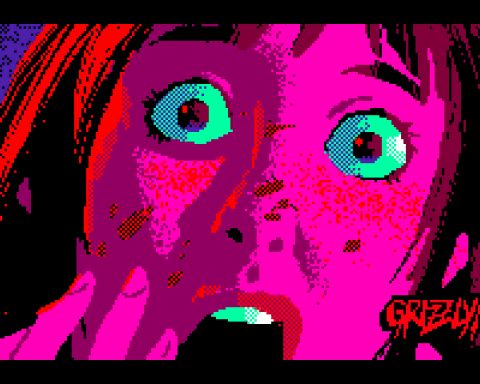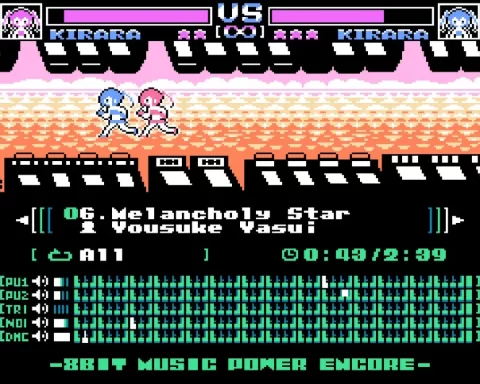Though it has yet to offer anything as thought-provoking as Tezuka’s original work, there’s plenty of solid episodic drama to be found in the weekly exploits of Young Black Jack. If you’ve never given Tezuka’s work the time of day, this more modern take might help ease you in.
– Clark A.
Anime Editor









